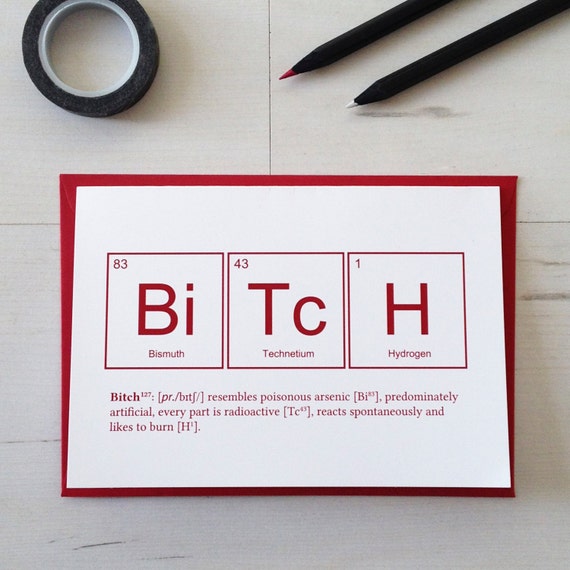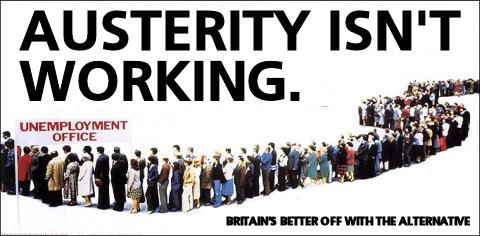A focus group is a form of qualitative research in which a group of people are asked about their perceptions, opinions, beliefs, and attitudes towards a product, service, concept, advertisement, idea, or packaging.
Focus groups are a company's ways of researching their market by setting up a meeting with their target audience. In most cases it's just a few people of their target audience with what we think are biased views of the product. This is part of their advertising much more than it is research because they can then legally come out with percentages and fractions of "researched" data. For example there can be six women in a focus group and literally five out of the six can give positive feedback which would enable the company to say that 84% of women say the product has done wonders for them.
Would you rather
We came up with a way to show how biased focus groups are by creating a commercial "would you rather" scam. Our handpicked characters would agree with the products and show immense enthusiasm and overestimation. We were also thinking about using placards for the "consumers" to humanize them and highlight their purposes on being in the focus group.
First of all we established some stereotypes that would be reacting to the comparisons different ways.
We have One overly sexual and thick female character who passes up no opportunity to jump up and down in excitement and let out unnecessary noises or touch everything like it's a naked baby.
On the front we'd state the obvious about her nature and on the back placard it would say
The second woman would a "female Joey Essex" and would ask questions like "OMG you actually got a caveman?!" and "what do you mean animal testing? cats don't need samples of anti-wrinkle cream..." On her front it wold say "Joey Essex dumb" and on the back placard "Lonely" This girl is the salesman's tool; she'll believe anything. The oh so sexy one however will be walk out of the group a walking ad creating a consumer ripple effect.

We were also debating weather to have a "Eco-warrior" or a "fame-whore". Possibly a nerdy girl; a sci-fi freak, part of a big green hippie club.giving but so, so annoying with a dorky habit of correcting everyone. She'll also have a sadder reality on her back, maybe "never want to be seen as a failure". By developing these characters more we could establish the V effect in our performance. The placards would explain the character's inner and outer self and would create more of a fascination with our message. Along with the three stereotypes and the "cocky salesman" we'd have someone a little or a lot smarter; "a snob".
The one out of the hypothetical six consumers that had a negative feedback to a product. On her inner/back placard it would say "insecure".

She would have a lot to say but would be stopped by the smug salesman and humiliated. The slap in this case being the consumer manipulation present in out society and how businesses view the actual people in their precious target audiences.
We started by coming up with our offensive and comedic would you rather.
Our products could be generic like miraculous boob jobs, Botox heaven in a bottle, Brazilian goddess wax etc... Mark the sales guy would advertise them by contrasting Katie Price boobs with anorexic chests, Brilliant Brazilian with caveman wax, Joan river's face (that probably still feels like a baby's bottom six feet under) with a 90 year old prune failing to be a cougar. My favorite one was for the fake tan that Daisy came up with;
would you rather look like an Irish albino or have Umpa-Lumpa-luscious complexion?

The clever snob would try to contradict these questions saying she doesn't want to feel like a nine year old down there or that the cream has ghastly ingredients that are written so small people overlook them. She will of-course be hushed by Mark breaking the fourth wall. We thought that every time that someone says anything negative about the product, Vlad pauses the scene and changes their words around to make them like the project and if they still refuse to like it he then twists their words even more so and poses them to be negative people.
 |
| the caveman wax and old phone |
For fulfilling the V-effect in our Brechtian focus group we also used props. The two "bimbos" would be wearing uncomfortably high stilettos and the "snobby bitch" would have on glasses as character definitions. We sourced Mark the jackass a symbolic gold phone. The key to the would you rather idea was having epic live representations. So we got Michael with balloons under his shirt and Becky with a wig under her bikini to bring to life the boob-job do and and wax-job don't. I found some blue face-paint from my corpse bride costume and we decided to use that as a capitalist anti-wrinkle cream that would then start to itch and burn. We would then wipe our humiliation away with money tissues Mark threw at us as yet another exaggerated semiotic.
We began improvising with a rough script of our ideas which we added on to in the rehearsal process.

















